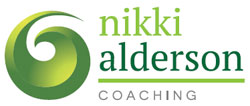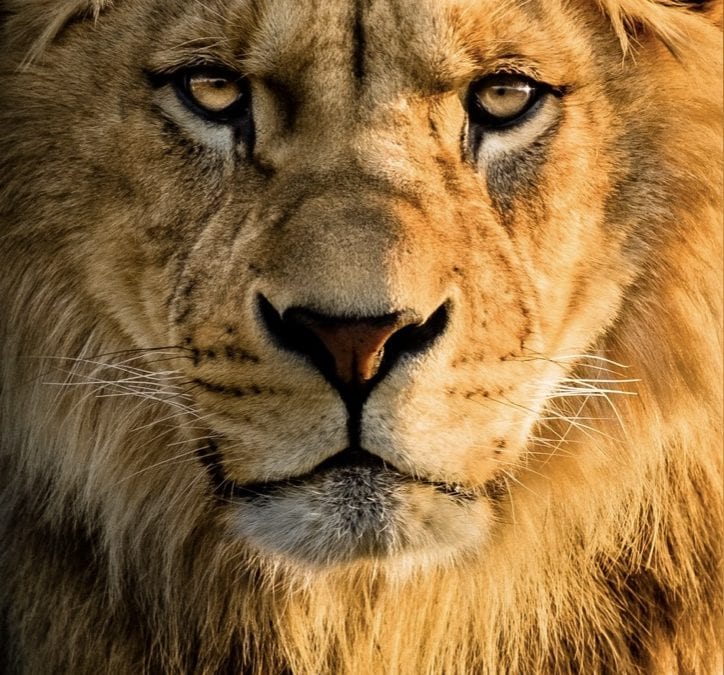Effortless Courageousness
I’ve chucked myself out of a plane at 12000 feet skydiving. I’ve bungee jumped with a 42m elastic band wrapped round my ankles. I’ve travelled solo across the globe to defend death row inmates in Jamaica. I’ve walked away from a successful 19 year career at the Bar to start my own coaching and speaking business. And yet I never considered myself a particularly brave or courageous person.
That was until last year, when I was asked by a school mum on the school run just after my book, Raising the Bar, was published “What makes you so brave? I’d love to have half as much courage as you.” She suggested the answer might be a good blog topic, or perhaps even a new Chapter for a follow on book. Only now I begin to ponder, and answer, the question.
When I look back on all these adventures in life, it becomes crystal clear to me that our life experiences expand proportionately to our courage, and I notice some common character traits and attitudes which might help others develop and learn the art of effortless courageousness.
5 Strategies for Courageous Leaders
1. Goal Orientation
I have always been a goal- orientated type. From firstly wanting to become a barrister to then determining a new path to becoming a coach. I form a clear vision of what I want, making it easier to identify the action steps needed to get there. I find that having a strong sense of purpose in this way makes overcoming fear-based inertia much easier. It may not happen overnight, or indeed first attempt, but with a consistent focus on the end point, it makes the road to getting there much clearer.
For example, in 2004, when I met the innocent man sentenced to Death in Jamaica, then stabbed 23 times by other inmates whilst on Death Row, in the aftermath of the attack, he said to me “One day you might write a book about this.” I had no immediate plans to do so but that little acorn planted became a more clear vision in 2018, when I wrote on my Goal Board “I am writing a book.” Even by mid-2019, I hadn’t yet put pen to paper, but the fact that I had the vision, committed to in writing, meant that I felt a compelling motivation to complete the task, even though I had concerns that people would judge me for writing it, not think it was any good etc etc. To coin a John Wayne phrase, “Courage is being scared to death but saddling up anyway.” And so in August 2019, I gave myself the hard word: If I still wanted to write the book, then I simply needed to knuckle down and get on with it. Two months later, Amazon Bestseller Raising the Bar was published.
2. Positive Mindset
As with many things, the IDEA of doing something may be way more terrifying than actually doing the thing. The obvious example here is that skydive which I ruminated on for days before, and the fear built with every hour closer to the actually event. In the plane, as it climbed higher and higher, the anxiety was even manifesting itself in physical changes such as sweaty palms and pits! And yet, at the point of maximum danger, when arguably fear should be at its most acute – when the plane doors opened and my legs dangled over the plane edge – adrenalin kicked in and my experience was one of pure, mind-blowing pleasure and wonderment, rather than any feelings of fear.
In other, more every day, examples, when I am about to have a conversation with a large law firm wanting to hire me for coaching services or I’m about to go on stage to speak, an element of fear kicks in. If we didn’t have this “flight or fight” mechanism, our instincts wouldn’t be able to keep us safe. That pang of anxiety is there to prevent us becoming blasé, not caring whether we do a good job. And when I feel those instinctive reactions kick in, I use positive affirmations to get me into the right mindset, to conduct myself well and deliver for the client. One of my favourites is: “If it is to be, it is up to me”. Nobody else is going to deliver results to you, and you have a choice about how you will show up. It was Winston Churchill who said: “Fear is a reaction; Courage is a decision.” What will you decide?
3. Developing a Rhino Hide
It may be that courage does not come naturally. It does, after all, come hand in hand with confidence. As the Wizard of Oz reminded Lion, “You have plenty of courage, I’m sure. All you need is confidence in yourself.” So how do we find, or develop, that confidence? I’m finding more and more that confidence can be learned – through experience and practice. Even developing your “game face,” giving the external appearance of confidence, can do wonders to inspire those around you to have confidence in you, which reflected back, will improve your own confidence in yourself. Whilst I’ve already mentioned positive affirmations, we can also remind ourselves of our own brilliance by making a Success Board or putting together a Brag Book with all the things in the past we are proud of: our finest achievements to date, whether that be at work or in our personal lives; our big wins; some great feedback received, or even simply a reflection on, and acknowledgement of, our top 3 skills or strengths. When our back is against the wall, with all the evidence pointing against things that make us doubt ourselves, we can say with sincerity and self-belief “I’ve got this.”
And important too, to remind ourselves that the fear is there to provide an opportunity to grow. If we put ourselves in the Stretch Zone, that’s where courage is needed and where magic can be found. To a degree, any one becoming a leader will inevitably be putting their head over the parapet. And by so doing, we learn that not everyone will love us or our message, and that criticism is part of the day job. Not ruffling the odd feather here and there surely means we aren’t making the impact that we seek to do? My best advice, then, is to simply make any wobble along the way a pity party with finality.
4. Strong Sense of Values and Beliefs
So many of us live our lives hiding behind a mask, for example because we feel we have to show up a certain way at work, or to keep at a career because it’s all we’ve ever known. To leave would be to let ourselves or others down, Michelle Obama described in her book. Becoming. I know how that feels, having battled for a number of years at the Bar with the sense that somehow things weren’t right, but I felt the pressure to stay because of all the hard work I’d put in, the status it provided, and the security of income. When I look back on how long I wrestled with the decision to leave, I also now see that a lot of that was to do with fear. And yet I knew deep down that I wanted to be in a more positive environment, still helping people but in a different and, for me, more wholesome way.
An Australian palliative care nurse, Bronnie Ware did some research into the top 5 regrets of the dying and in conclusion she found many wished they had “the courage to live a life true to yourself, not the life others expect.” In order to know what that authentic life is, you have to have a strong connection with your values and beliefs, and a clear sense of self. You have to know, and like, the person behind the mask: “Courage is being yourself every day in a world that tells you to be someone else”
5. Admitting Mistakes
By being your authentic self, much easier to admit a mistake too. We are all human, and we all make them. For me, there is no failure in that, only learning. Every mistake is evidence that you are prepared to develop and grow. It might be a stretch to take on a new and challenging case, for example. Inevitably you learn things along the way. If you make a mistake, it’s ok to admit it and think, what did I learn and how will I do things differently? You did the thing you were most afraid of; you took on the challenge. Any error along the way might be said to be an inevitable consequence. The important further question is what you do next. The biggest challenge of course, to avoid making that mistake twice.
“I learned that courage was not the absence of fear, but the triumph over it,” as Nelson Mandela once said.
Conclusion
In the recent Inspirational Women in Law Awards, Cherie Blair CBE, made a heartfelt plea to the future women leaders in law to be vocal, be visible, and “use your voice, your courage and the opportunity to challenge gender inequality.” One essential leadership quality is to lead by example. Being a good role model for others is a necessary part of leadership and an integral part of elevating others. Going back to my point about the importance of visualisations: What sort of role model do you want to be? Another of those essential leadership qualities is to make your voice heard. Those with courageous voices are today’s change-makers and tomorrow’s leaders. Use yours, and make it heard.
Post- Script
As a final thought, the school mum who inspired this post, having read it, answered her own question about courageous leadership: “It’s backing yourself to believe that you can make today’s floor tomorrow’s ceiling and having the determination to make thoughts a reality,” she said. I couldn’t have put it better myself.
Nikki Alderson Biography
Nikki Alderson, specialist Corporate & Executive Coach, Keynote Speaker & Best Selling Author, & former Criminal Barrister with 19 years’ experience,
- supports organisations, law firms & barristers’ Chambers to retain female talent; &
- empowers female lawyers to achieve career ambitions.
Nikki specialises in 3 areas:
- Women Leadership Transition & Change;
- Enhanced Career break returner support; &
- Workplace resilience, confidence & wellness.
She is the author of Amazon No.1 Bestseller Raising the Bar: empowering female lawyers through coaching , (https://amzn.to/3fodKQX) nominee for the Inspirational Women Awards, Champion of the Year Category & finalist in the 2019 International Coaching Awards, International Coach of the Year Category.
Follow Nikki on
https://www.linkedin.com/in/nikkialdersoncoaching/
https://twitter.com/NikkiAlderson2
https://www.facebook.com/nikkialdersoncoaching/
Or refer to www.nikkialdersoncoaching.com

